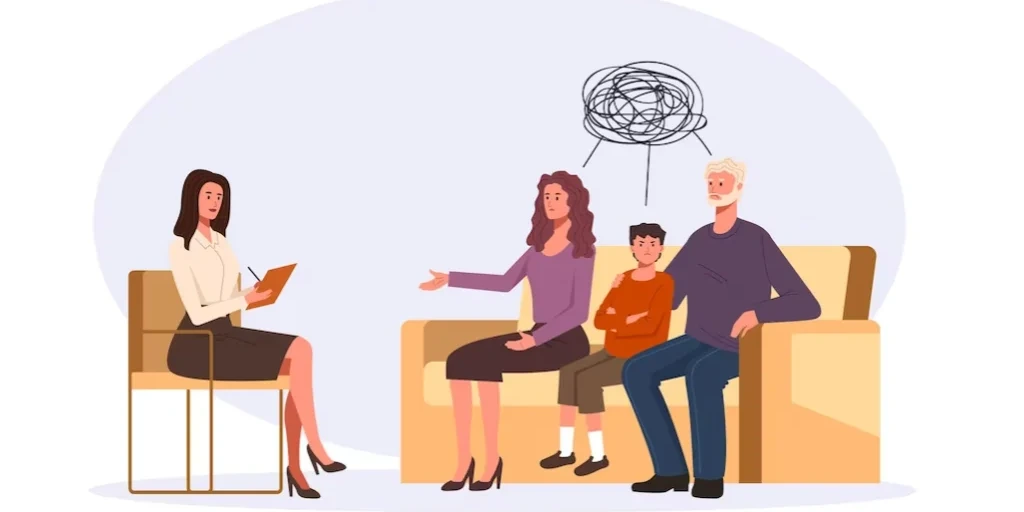24/7 Helpline:
(866) 899-111424/7 Helpline:
(866) 899-1114
Learn more about Bipolar Disorder Treatment centers in Chino Hills
Bipolar Disorder Treatment in Other Cities

Discovery Mood & Anxiety Program
Discovery Mood & Anxiety Program is a private rehab located in Chino Hills, California. Discovery Mo...





Avery Centre
Avery Centre is a private rehab located in Chino Hills, California. Avery Centre specializes in the ...

Let’s Talk Ministries – Chino Hills
Let’s Talk Ministries – Chino Hills is a public rehab located in Chino Hills, California. Let’s Talk...





Other Insurance Options

United Health Care

WellPoint

CareSource

Ambetter

Cigna

Access to Recovery (ATR) Voucher

Magellan

Oxford

Excellus

Humana

Providence

Self-pay options

GEHA

Ceridian

Choice Care Network

BlueShield

Premera

Horizon Healthcare Service
Beacon

MHNNet Behavioral Health